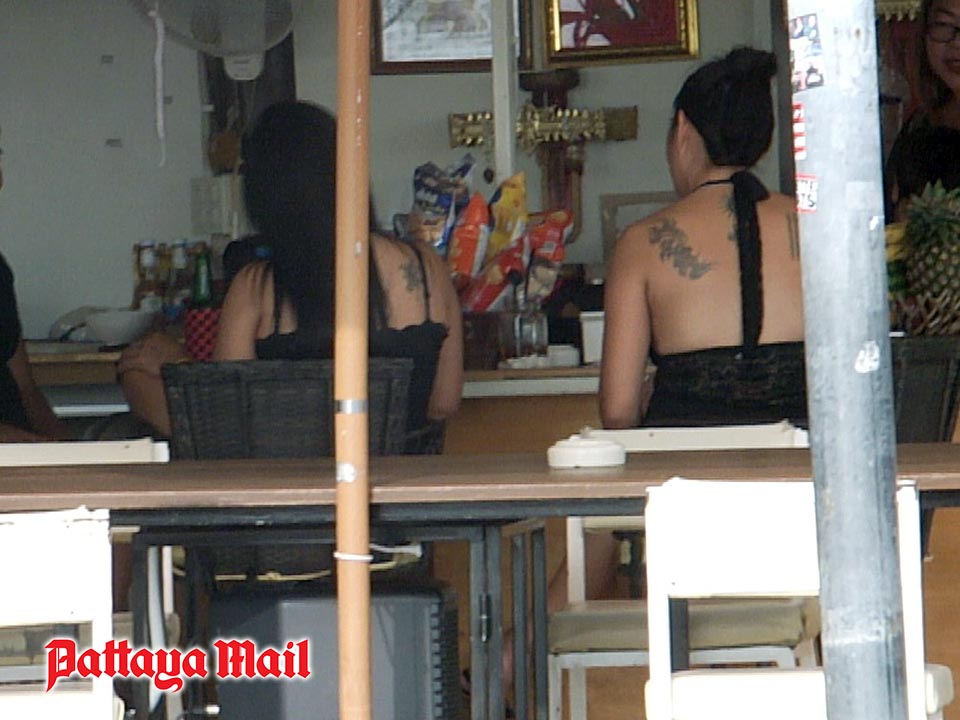Expats ready to help Pattaya bars and restaurants survive – but only under these conditions
Expats call for change as Pattaya’s nightlife faces challenges — better service, fair prices, and higher standards could bring back loyal customers. (Photo – Pattaya Beach Road, Thailand)
PATTAYA, Thailand – Pattaya’s nightlife is feeling the pinch as a strong baht, high costs, and changing tourist habits lead to emptier bar stools and colder beers. Expats who frequent the city’s bars and restaurants say they want to help local businesses survive—but they have clear conditions for what needs to change.
One common complaint is poor service. As one expat bluntly put it:
“How about getting staff off their phones and serving the customers, maintaining consistency in the food served, stopping customers playing stuff on loudspeaker from their phones, stopping weed smokers stinking up the terrace, and don’t let people in if they don’t have a shirt on. That might help.”
Others are less forgiving about the business model itself:
“They chose their bed… now they have to lie in it. Should have chosen a better business model.”
But the reality is tougher, as another commenter pointed out:
“Doesn’t matter what model you have—the costs are very high and customers are few.”
Price remains a major sticking point. Tourists often seek cheap food, but that doesn’t translate into sustainable income for businesses. One expat criticized the trend of trying to attract bargain-hunting tourists:
“When you welcome tourists that try to beat restaurants down on 40 baht food, did you really think those tourists will pay 150 baht for the same dish in a fancy restaurant? You chased off all those who just ate and paid the bill in favour of a higher number of tightwads, and those tightwads are setting up their own restaurants too.”
Living costs for expats also factor into the nightlife decline, as one noted:
“Stay in Pattaya with 1,000 euros per month? Stay back in Europe and ask there for government money.”
Another echoed the sentiment:
“Below 2,000 euros/month, don’t even think about living in Pattaya.”
The quality of entertainment and companionship is also under scrutiny. Many expats lament that some bar girls no longer meet expectations, with one saying:
“I’m not going to empty my wallet for a 29-year-old mother of two. Try offering a better product than that if you want to make money.”
Others added:
“There are lots of stunning little young sweeties that have never had a kid, some have barely had more than a couple of guys, you just have to sift through the average stuff.”
And on the more cynical side:
“I legit ask the girls ‘how many kids do you have?’ if they have more than one, and I’m being nicer now than I was before. I just don’t believe in helping irresponsible women who work the bars but go home to some lazy dude.”
The influence of foreign visitors is also changing the scene. Many note a shift toward Korean tourists who buy drinks but don’t often pay for companionship, leading to fewer patrons for Farangs. One expat described this as a “death spiral,” likening it to what happened in Angeles City, Philippines:
“The bargirls don’t want to go with Farangs, preferring to sit in the bar and wait for a 40-drink Korean ‘whale’. As more Farangs are rejected, traffic on Soi 6 declines, and some ladies leave for other venues. Fewer ladies mean fewer Koreans. If this continues, Soi 6 will be sold off for hotels in a few years.”
Yet some expats still find value in the scene, noting:
“If you want the best value, your odds are most definitely best on Soi 6.”
And despite complaints about prices—*“It’s like this in the low season. Farangs are very seasonal, mainly Nov to April”—*they recognize the challenge in the wider market.
Overall, expats are clear: Pattaya’s nightlife can survive and even thrive—but only if bars and restaurants improve service, reconsider pricing strategies, clean up the atmosphere, and offer better quality in both food and entertainment.



